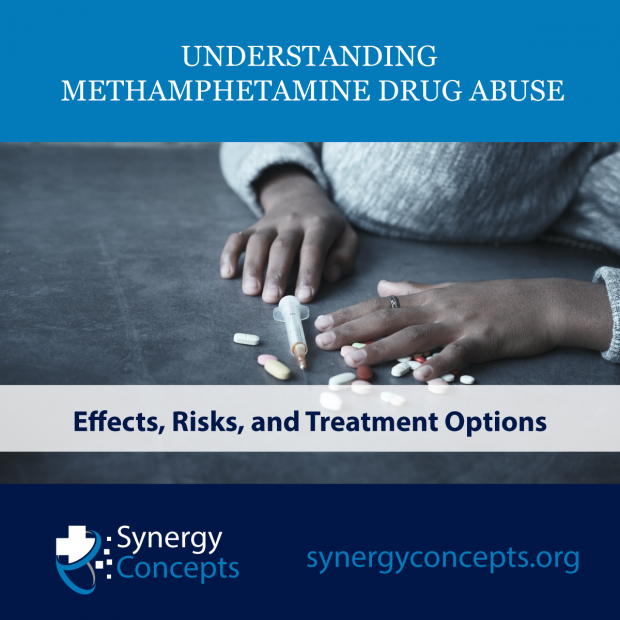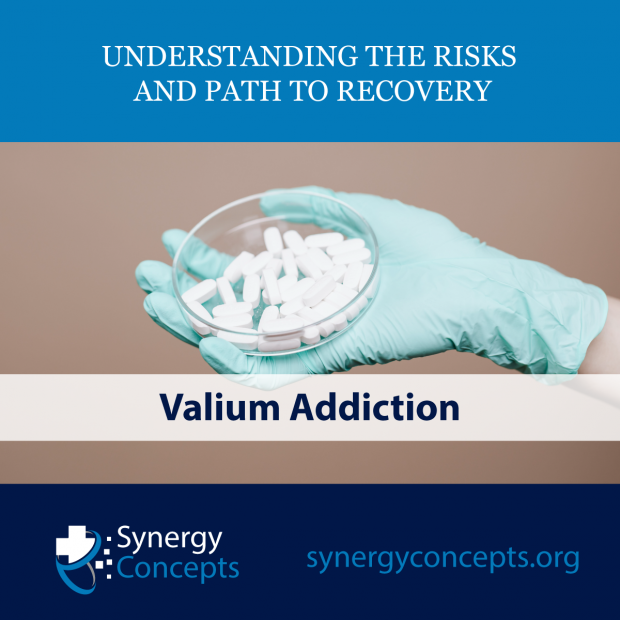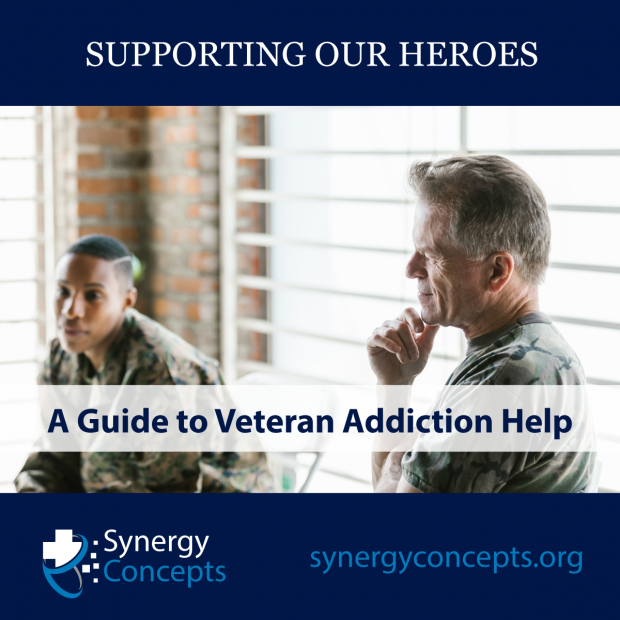Methamphetamine, commonly known as meth, is a highly addictive stimulant drug that affects the central nervous system. Methamphetamine abuse has become a significant public health concern, with devastating consequences for individuals, families, and communities. In this blog post, we will explore the effects and risks of methamphetamine drug abuse, as well as available treatment options for those struggling with addiction.
1. Effects of Methamphetamine Abuse
Methamphetamine abuse produces intense euphoria and increased energy levels. However, these effects are short-lived and often followed by negative consequences. Common effects of methamphetamine abuse include:
- Increased wakefulness and decreased appetite
- Intense feelings of pleasure and euphoria
- Increased heart rate, blood pressure, and body temperature
- Agitation, irritability, and aggressive behavior
- Paranoia, hallucinations, and psychosis
- Dental problems (known as “meth mouth”) due to poor oral hygiene and dental decay
- Skin sores and infections from excessive scratching
2. Risks and Dangers of Methamphetamine Abuse:
Methamphetamine abuse poses numerous risks and dangers to both physical and mental health. Some of the key risks associated with methamphetamine abuse include:
- Addiction: Methamphetamine is highly addictive, and repeated use can lead to dependence and addiction, making it challenging to quit without professional help.
- Physical Health Consequences: Chronic methamphetamine abuse can lead to severe physical health issues, including cardiovascular problems, respiratory issues, liver damage, and neurological damage.
- Mental Health Effects: Prolonged methamphetamine abuse can cause mental health problems such as anxiety, depression, paranoia, and psychosis. These effects can persist even after quitting the drug.
- Social and Legal Consequences: Methamphetamine abuse often leads to strained relationships, financial difficulties, legal problems, and a decline in overall quality of life.
3. Treatment Options for Methamphetamine Addiction:
Treating methamphetamine addiction requires a comprehensive approach that addresses both the physical and psychological aspects of addiction. Some common treatment options include:
- Detoxification: The first step in treatment is often detoxification, which involves safely managing withdrawal symptoms under medical supervision.
- Behavioral Therapies: Various evidence-based therapies, such as cognitive-behavioral therapy (CBT) and contingency management, can help individuals modify their thoughts, behaviors, and attitudes toward drug use.
- Support Groups: Participation in support groups, such as Narcotics Anonymous (NA), can provide individuals with a supportive community of peers who understand the challenges of addiction recovery.
- Medication-Assisted Treatment (MAT): In some cases, medications may be prescribed to help manage cravings and withdrawal symptoms. However, there is currently no FDA-approved medication specifically for methamphetamine addiction.
- Aftercare and Relapse Prevention: Continued support and aftercare services, such as counseling, relapse prevention strategies, and ongoing monitoring, are crucial for long-term recovery.
Methamphetamine drug abuse is a serious and complex issue with significant physical, mental, and social consequences. Understanding the effects and risks of methamphetamine abuse is essential for raising awareness and promoting early intervention. If you or someone you know is struggling with methamphetamine addiction, seeking professional help from healthcare providers, addiction specialists, or treatment centers can provide the necessary support and guidance for recovery. Remember, recovery is possible with the right treatment, support, and commitment to a healthier, drug-free life.
Remember, there is always hope, and recovery is possible!
Check out our substance abuse treatment center partners in your area!













Leave a Reply